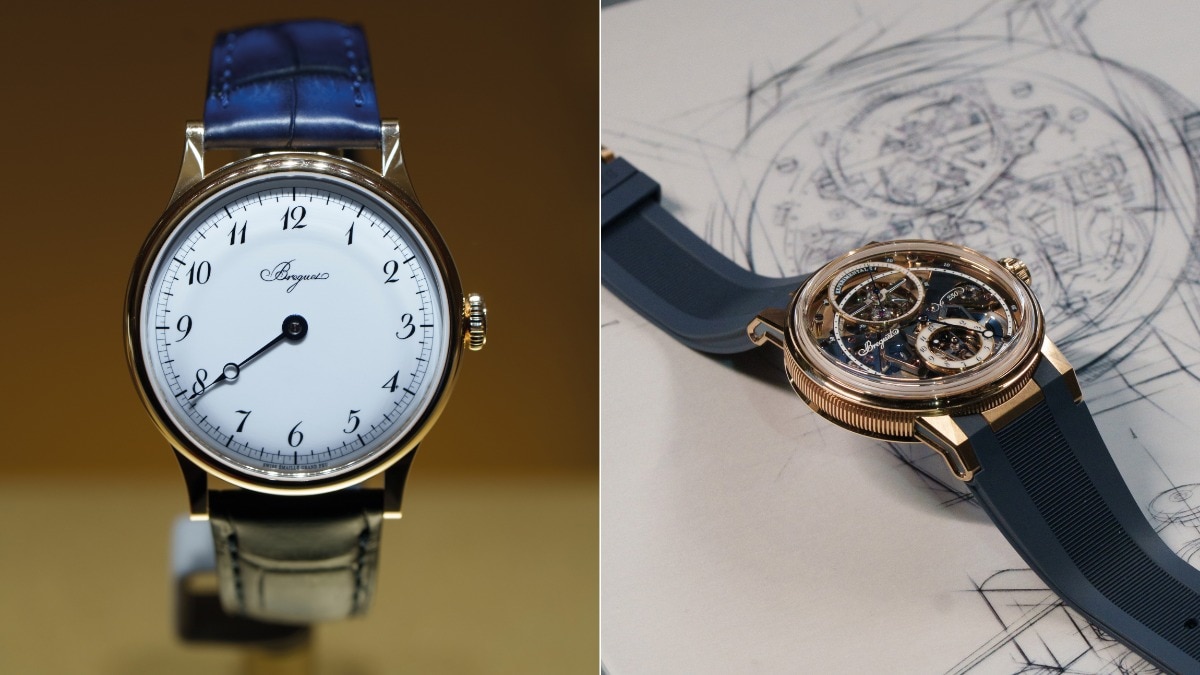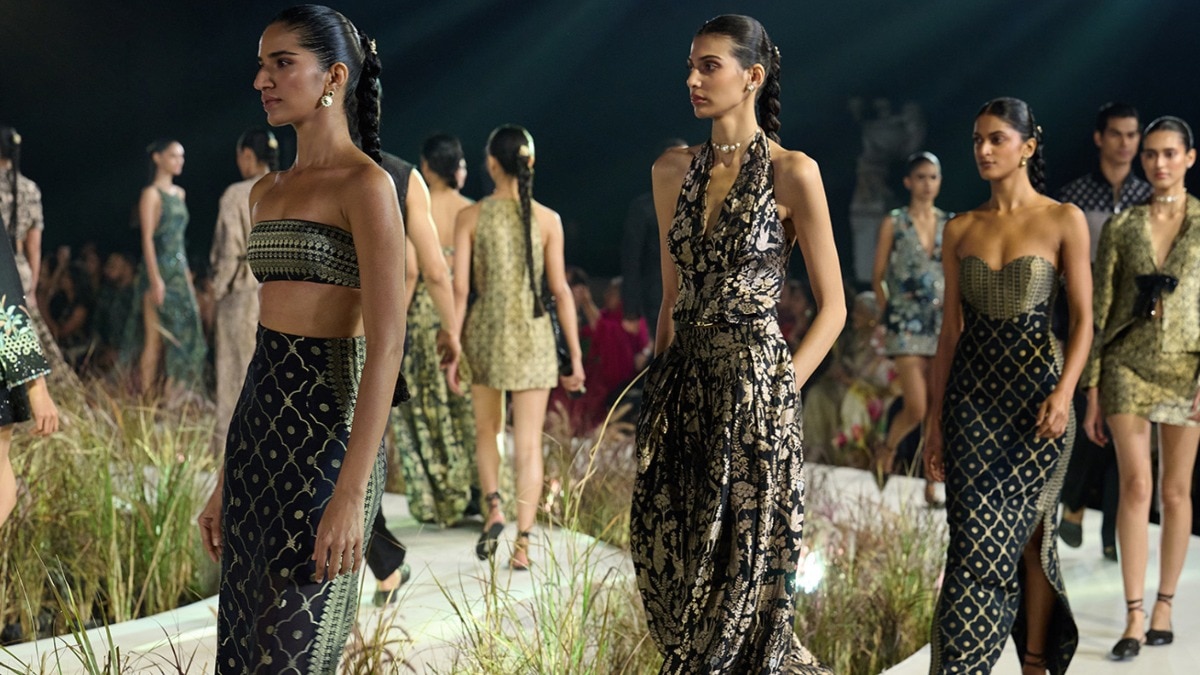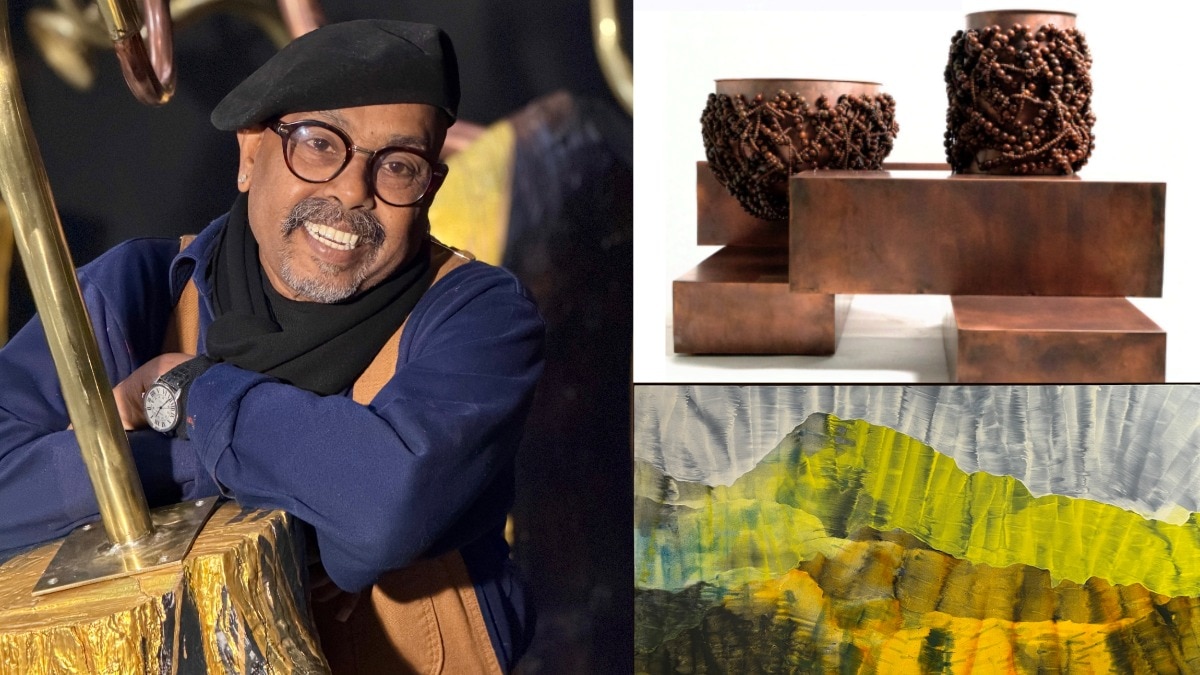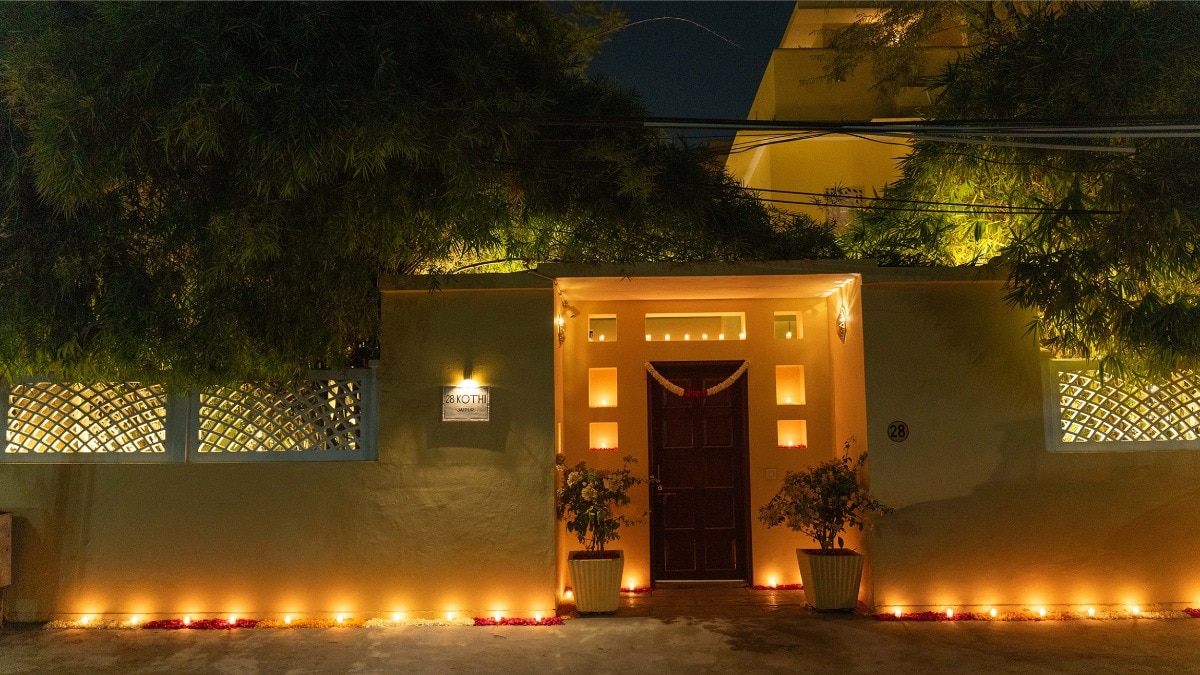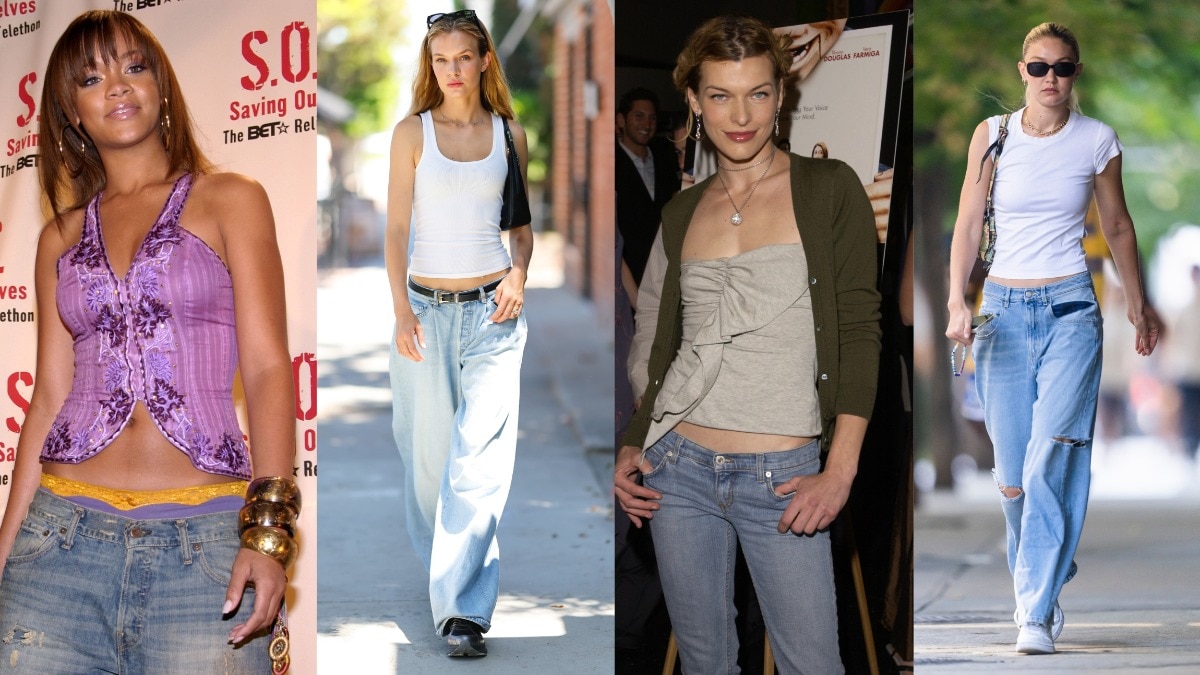
Timeless by design: Sureena Chowdhri’s pieces are meant to be reworn
As fast fashion falters, Sureena Chowdhri’s Indra Capsule offers a blueprint for clothing designed to be cherished, reworn, and remembered.


In the endless scroll of newness—new drops, new collections, new must-haves—the global fashion industry has found itself in the throes of an identity crisis. The fast fashion machine, long-fuelled by speed, scale, and spectacle, is beginning to stall as both consumers and creators reconsider what it means to make, buy, and wear clothing in a world already stretched to its ecological and emotional limits.
Enter the slow fashion movement: it’s less a trend, more of a quiet return. A return to craftsmanship over churn. To permanence over disposability. To stories that outlast the season. In India—where clothing has historically held lineage, memory, and ritual—this philosophy feels less like a disruption and more like a homecoming.

For designers like Sureena Chowdhri, this has always been the way forward. The brand’s latest capsule, Indra, is a reflection of this enduring mindset. Rendered entirely in shades of gold and ivory, Indra resists the noise of trend cycles and instead offers garments that are ceremonial yet unprescribed, elevated yet wearable, crafted to be cherished, reworn, and ultimately passed down.
“We don’t design for seasons,” says Sureena Chowdhri, co-founder and creative director. “We design for legacy.”
This idea of legacy, of clothing as something that gathers meaning over time, sits at the heart of the slow fashion conversation. Long before sustainability became a global buzzword, Indian wardrobes were built on the principle of repeat wear. Sarees outlived generations. Handwoven textiles were repaired, not discarded. A wedding outfit wasn’t something to be worn once and forgotten; it was something to be worn, reworn, reinterpreted across life’s milestones. This cultural muscle memory forms the foundation of Sureena Chowdhri’s work.
With Indra, that philosophy takes shape in silk Chanderi—a fabric chosen not just for its lightness but for its resilience. Each garment is finished with hand-embroidered zardozi, an ancient technique once reserved for royalty, here modernised with minimal motifs and thoughtful placement. The intention is clear: to create clothing that outlives the moment, both physically and emotionally.
This approach also challenges the prevailing definition of luxury. In an industry where opulence is often equated with excess, Chowdhri’s vision is strikingly different. “For us, luxury isn’t about more. It’s about meaning,” says Govind Chowdhri, CEO and co-founder. “It’s in the hours a karigar devotes to a single detail. It’s in the decision to pare back. It’s in the softness of a fabric that endures.”

The garments themselves—fluid kurtas, scalloped palazzos, kaftans with glinting yokes, Anarkalis softened into lived-in silhouettes—are designed not for a singular occasion but for any moment that demands intention. They resist categorisation: they aren’t bridal, festive, or casual. They are simply meant to be.
This, too, is a crucial element of the slow fashion ethos: rejecting the false urgency of “occasional wear” in favour of timeless adaptability. In a global context where millions of tonnes of clothing end up in landfills each year, the idea of creating something with a longer life—both practically and emotionally—becomes not just a design choice, but an ethical imperative.
Yet, even as sustainability conversations grow louder, the path to true slow fashion remains fraught. The industry’s pace, consumer habits, and the economics of mass production all present challenges. But brands like Sureena Chowdhri remind us that change doesn’t always have to be radical or disruptive. Sometimes, it is the quiet, deliberate choices—the decision to craft less, but better—that can create ripples.
Indra may be a capsule, but it is also a manifesto: a call to embrace fashion not as consumption, but as continuity. A reminder that what we choose to wear—and how we choose to wear it—can be a powerful act of preservation: of craft, of culture, of meaning.
As the world moves faster, fashion, it seems, is learning to slow down.
Lead image: The brand
Also read: Is gingham having a moment, or is it just recession?

